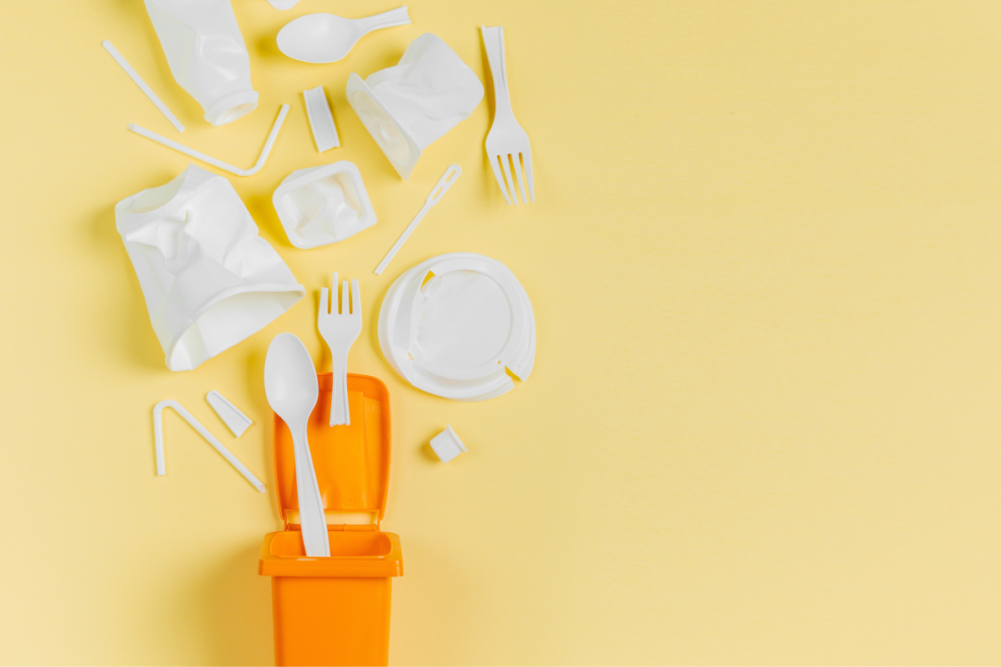 KANSAS CITY — In mid-July, Maine became the first state to pass Extended Producer Responsibility (EPR) legislation for single-use plastics and other limited-use packaging materials. The legislation is part of a trend that is accelerating and will directly impact the development and disposal of food and beverage packaging.
KANSAS CITY — In mid-July, Maine became the first state to pass Extended Producer Responsibility (EPR) legislation for single-use plastics and other limited-use packaging materials. The legislation is part of a trend that is accelerating and will directly impact the development and disposal of food and beverage packaging.
The EPR concept places shared responsibility, most notably costs, for end-of-life product management on producers and other businesses involved in the development and distribution of materials of concern. Currently, states, municipalities, private waste management businesses and consumers share the burden of disposing of packaging materials after use. The goal of EPR is to encourage product design changes that minimize negative impacts on human health and the environment.
The idea of shared responsibility for products at the end of a life cycle is not new. There are many states and municipalities that have programs to address the disposal of paint, carpeting, mattresses, pharmaceuticals and other materials deemed hazardous.
As concern about the impact of single-use plastic waste and other materials on the environment has grown, the focus of proponents of EPR has shifted. In Maine, for example, the legislation requires producers to finance programs and bear more responsibility for the packaging they put into the market.
Oregon became the second state to pass EPR legislation on Aug. 9 with the Plastic Pollution and Recycling Modernization Act. Under the law, brand owners selling packaging, paper products and foodservice ware in Oregon will join stewardship organizations and pay fees to support the improvement and expansion of recycling programs statewide. Other states where EPR legislation targeting packaging waste is pending include California, Hawaii, Maryland, Massachusetts and New York.
A poll conducted for the Consumer Brands Association by Ipsos found that out of 1,530 American adults, 80% reported being concerned about the environment in general, and 84% expressed specific concerns about plastic and packaging waste. The concern was widespread across generations, according to the poll, with baby boomers having the highest level of concern about packaging waste at 87%, compared to Generation X (79%), millennials (83%) and Gen Z (85%).
Food and beverage manufacturers have noted the levels of concern and are developing new forms of sustainable packaging. The Coca-Cola Co., for example, is testing a paper bottle prototype in Europe. A consortium of CPG companies that includes Nestle SA, PepsiCo, Inc., Suntory Beverage & Food Europe and L’Oreal are working with the French company Carbios to develop food-grade plastic bottles produced entirely from enzymatically recycled plastic.
While positive, these efforts will take years to develop and scale. As the CBA/Ipsos poll shows, consumers are concerned about the impact of plastic packaging on the environment now. They are seeking immediate solutions and seeing progress through state-level legislation.
It is in the food and beverage industry’s best interests to see these state-level programs are standardized with the goal of developing a national recycling program. As it stands now, companies are going to be working with a patchwork of state-level solutions that may not deliver the results consumers increasingly expect.




